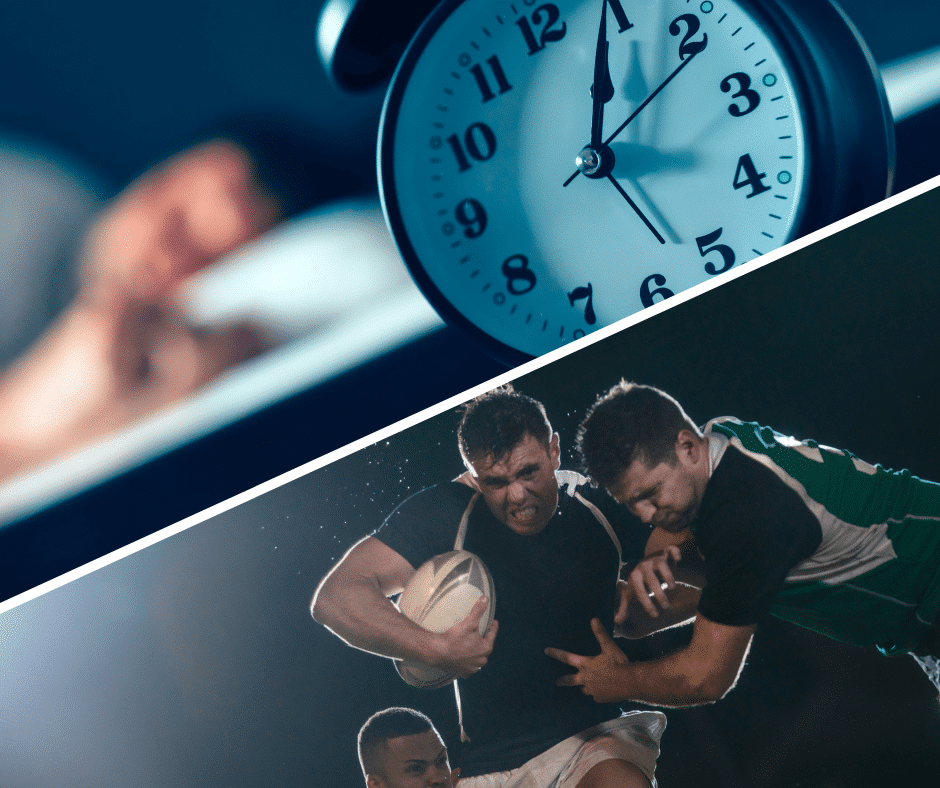
Athletes know that physical activity is the most important aspect of their career. Thus, to enhance their cognitive performance, they put up great effort on a regular basis, eat healthy food, work out for maintaining physical fitness, and increase longevity in their careers as well as in life. But amidst all these healthy habits, what they ignore the most, is sleep.
For any human being, and particularly for athletes, sleep is one of the most fundamental aspect of overall well-being. Primarily, sleep rejuvenates the mind and the body. Sleep restores physical energy, regulates memory and mood, and enhances the immunity of human body.
The importance of sleep is immense in the lives of athletes. Primarily for the purpose of recovery, adequate amount of sleep, and a proper sleeping pattern is mandatory. The benefits of sleep in the physical recovery of an athlete are as follows:
Sleep replenishes glycogen, which is important for higher levels of energy required for work outs and playing sports.
The body releases certain hormones necessary for the growth and replenishment of the tissues and muscles of the body when a person is in deep sleep, thereby affecting the athlete’s muscle repair and growth, and reducing the physical stress caused due to training regime.
In sleep is synthesized most of the protein, that aids in building and repairing new muscles and tissues.
Sleep promotes faster healing of injuries, inflammations, etc. In sleep, the body releases many pain-relief chemicals like endorphins, the analgesic effect of which reduces muscle soreness and stiffness. Endorphin also alleviates fatigue due to overtraining, and increases the capacity of pain tolerance.
Quality sleep leads to lower rates of cardiovascular diseases by keeping blood pressure and heart rate in check.
Quality sleep also improves neural restoration that is affected due to overtraining and strenuous physical activity.
Apart from physical recovery, quality sleep also impacts mental recovery of athletes. Quality sleep boosts one’s mood by reducing the level of cortisol, and anxiety. It also leads to a growth of mental toughness among athletes that help them deal with performance related stress, and increases focus and concentration, which are essential in decision making and playing the game strategically.
The National Sleep Foundation and the American Academy of Sleep Medicine suggests that athletes require at least 8 to 10 hours of sleep in a day, as found in a research, that basketball players who sleep for an adequate time are capable of playing better and putting a better overall performance by reducing the risk of injury and enhancing the recovery process.